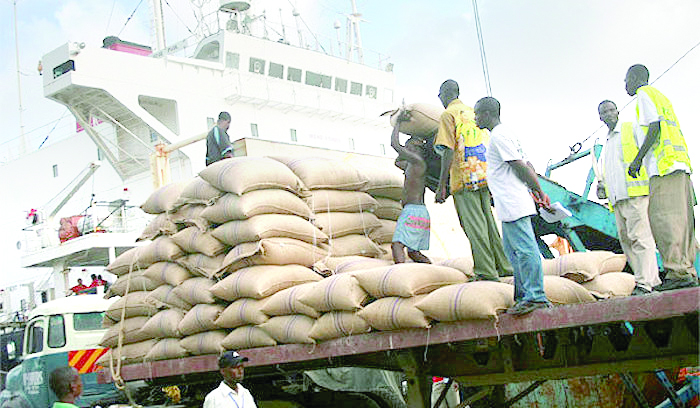Kenyans stare at mixed changes in food prices
By John Otini, August 16, 2023Stakeholders in Kenya’s agricultural value chain are anticipating a mixed bag of price changes for key food items next month, the latest Agricultural Survey conducted by the Central Bank of Kenya’s Monetary Policy Committee shows.
The report highlights expectations of price decreases for staples like maize and beans but warns of potential increases in wheat and rice costs due to reduced local production, a weaker shilling, and global events such as the conflict in Ukraine.
According to the balance of opinion analysis presented in the report, respondents are collectively predicting a decline in the retail prices of cereals and grains.
Specifically, they expect prices for beans, maize, and green grams to decrease. “The decline in the prices is expected following the onset of the harvest from the lower Eastern, Western and South Rift regions,” the survey states.
This anticipated increase in supply is projected to alleviate pricing pressure for these staple commodities. However, the survey indicates that the prices of rice and wheat products are likely to remain elevated due to factors such as reduced domestic production and the high cost of imports.
Some farmers cited rust infection in wheat crops as a significant contributor to decreased output. The weakened shilling and global uncertainties, including the war in Ukraine, are also contributing to price volatility in these categories.
The survey’s insights extend beyond grains, shedding light on the expected price trends in other food sectors. Animal products are anticipated to experience declining prices as more pastures become available following the conclusion of the long rains season. Nevertheless, the price of eggs is projected to rise due to reduced supply during the colder season.
“The expected decline in the price of animal products is on account of more pasture becoming available following the long rains season. However, egg prices are expected to rise with reduced supply during the cold season,” the survey noted.
On the vegetable front, prices are expected to continue decreasing in August, albeit at a slower rate. This trend is attributed to increased supply of fast-maturing crops resulting from the extended long rains season.
Prices of cooking oil/fat and sugar are also likely to remain elevated, the survey has shown. This could potentially lead to further increases, given the high importation cost for cooking oil/fat and reduced cane deliveries for sugar. The survey also delves into consumer goods and their price expectations.
According to the report, a significant proportion of respondents (69.6 per cent) anticipate prices to increase in the next month.
This percentage is higher than previous months, possibly influenced by the implementation of the Finance Act 2023.
Moreover, the survey reveals that a larger proportion of individuals (72.4 per cent) are bracing for further price hikes in the upcoming three months.
The Monetary Policy Committee’s Agriculture Survey for August 2023 showcases a nuanced view of Kenya’s agricultural price dynamics.
While there is optimism surrounding staple commodities like maize and beans due to expected increased supply, challenges such as reduced wheat and rice production and global uncertainties pose potential threats to price stability.
More Articles

